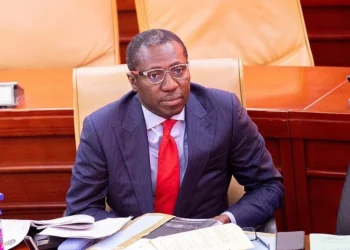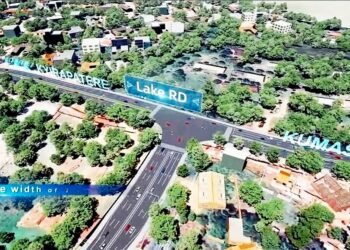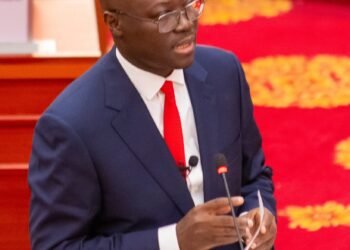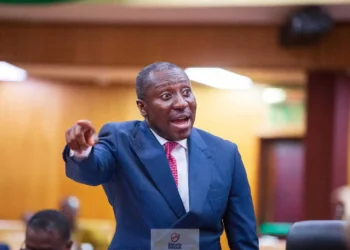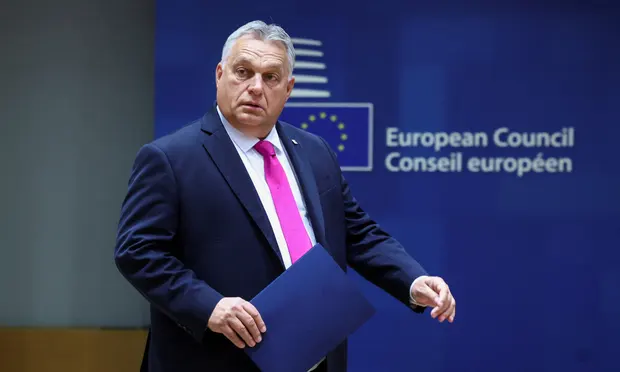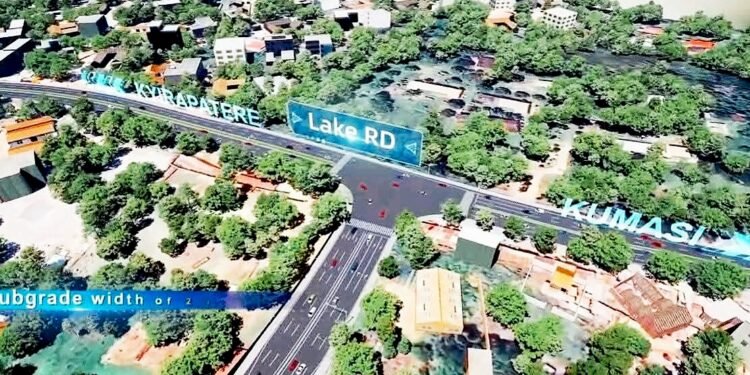Political scientist and Associate Professor of Political Science at the University of Ghana, Professor Kwame Asah Asante, has stated that the newly formed United Party (UP), led by Hon. Alan Kwadwo Kyerematen, stands no chance of winning political power.
Prof. Asah Asante argued that given the deep-rooted nature of the duopoly of the National Democratic Congress (NDC) and the New Patriotic Party (NPP), there is no room for the possibility of a third party to ascend to the ultimate top of political leadership in the country.
He made the point that the events of UP breaking away from another party are not alien to Ghanaian politics, which he describes as “business as usual.”
In the same vein, it has also always been the case that these parties that often spring up, struggle to rise above the challenge of breaking the duopoly of the NDC and NPP and eventually gets “wished away.”
“The big challenge for this political party is that Ghana is traditionally rooted in a two-party system. That over the years no third force has been able to survive.”
Prof. Kwame Asah Asante, Political Scientist and Assoc. Professor, University of Ghana
Prof. Asah Asante stated that even though the leadership of the party has the quality in terms of ideas and credibility, that will not be enough to overcome the ingrained duopoly of the two dominant parties, the NDC and the NPP.
“I love the ideas and all that. But to win power, I’m afraid, is an impossible adventure.” He stated.
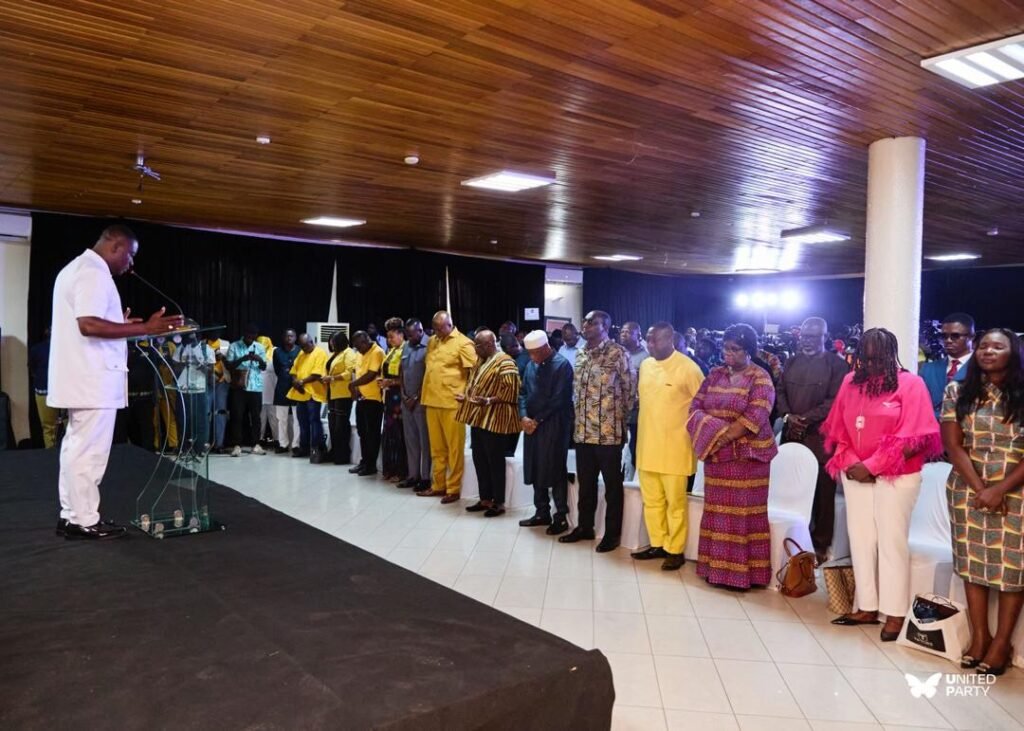
He further admits to his admiration of the leader of the party, Hon. Alan Kwadwo Kyeremanten, lauding his leadership qualities and the experience of the other leaders of the party, but still maintained that it would not amount to dethroning the NDC-NPP duopoly.
“Yes, I like Alan Kyeremanten; he has served his country with honesty and distinction. A man of ideas and a man of integrity. People following the party are giants, stalwarts within the political space. But I am afraid. To win power, it will take them hell.”
Prof. Kwame Asah Asante, Political Scientist and Assoc. Professor, University of Ghana
He further made the point that expecting the United Party to win political power “is like looking for a pin in an ocean.”
Prof. Asah Asante admitted that the calls for a third force in the Ghanaian political space have persisted for a long time; however, he questioned the sincerity of such calls, noting that it has just been about talking, with no commitment to actually having a third force.
“Ghanaians just make noise about it. But over the years, what effort have they done to bring in splinter parties that have come up in the Fourth Republic? We have seen reforms. We have seen other groups. Have they considered them? No.”
Prof. Kwame Asah Asante, Political Scientist and Assoc. Professor, University of Ghana
King Makers
Prof. Asah Asante argued that even though the UP stands no chance of capturing the political power of the state, they can still contribute significantly to the power dynamics of the state.
He made the point that the party’s activities can influence the swinging of power between the two dominant parties.
“They have nice ideas and all that, and I know they are going to make noise. But as to really how they can be able to beat the two dominant political parties of the NDC and NPP, I’m afraid it’s an impossible adventure.
“’…’ What they can also do is to take away some of the shine of the two dominant parties by creating such an enabling environment for one of the dominant parties to win power at all times. But it tells you that they can be part of the kingmakers group that can be claiming, you know, a lot in terms of who becomes the leader of this country.”
Prof. Kwame Asah Asante, Political Scientist and Assoc. Professor, University of Ghana
In what appears to be a corroborative perspective to Prof. Asante’s, the general secretary of the party, Hon. Yaw Buabeng Asamoah, after the launch of the party, revealed that one of the party’s priorities is to have an amendment to Article 46 of the 1992 constitution to cancel out the notion of run-off elections.
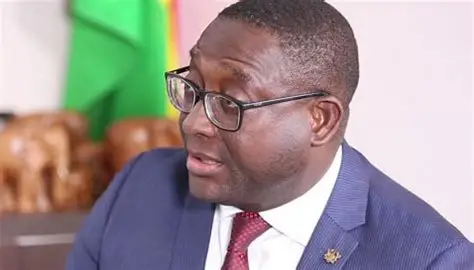
This is often conducted for only the two leading candidates in a presidential election when no candidate obtains more than 50 percent of the votes in a general election.
Hon. Asamoah argued that when this provision is no more, it would make room for coalitions, whereinthe event that no party obtains more than 50 percent of the total votes, the two leading parties will have to form coalitions with the other parties.
This view of Hon. Asamoah seems to suggest that their party’s path to political power can be realized through a coalition with one of the leading parties.
This view suggests Prof. Asante’s argument that even though the party may not be able to win political power, the UP can still be part of the “kingmakers group,” having the ability to contribute to determining who wins power.




